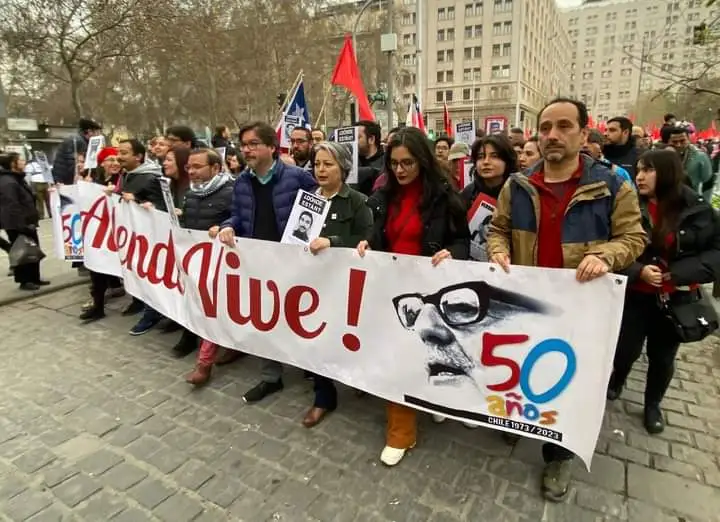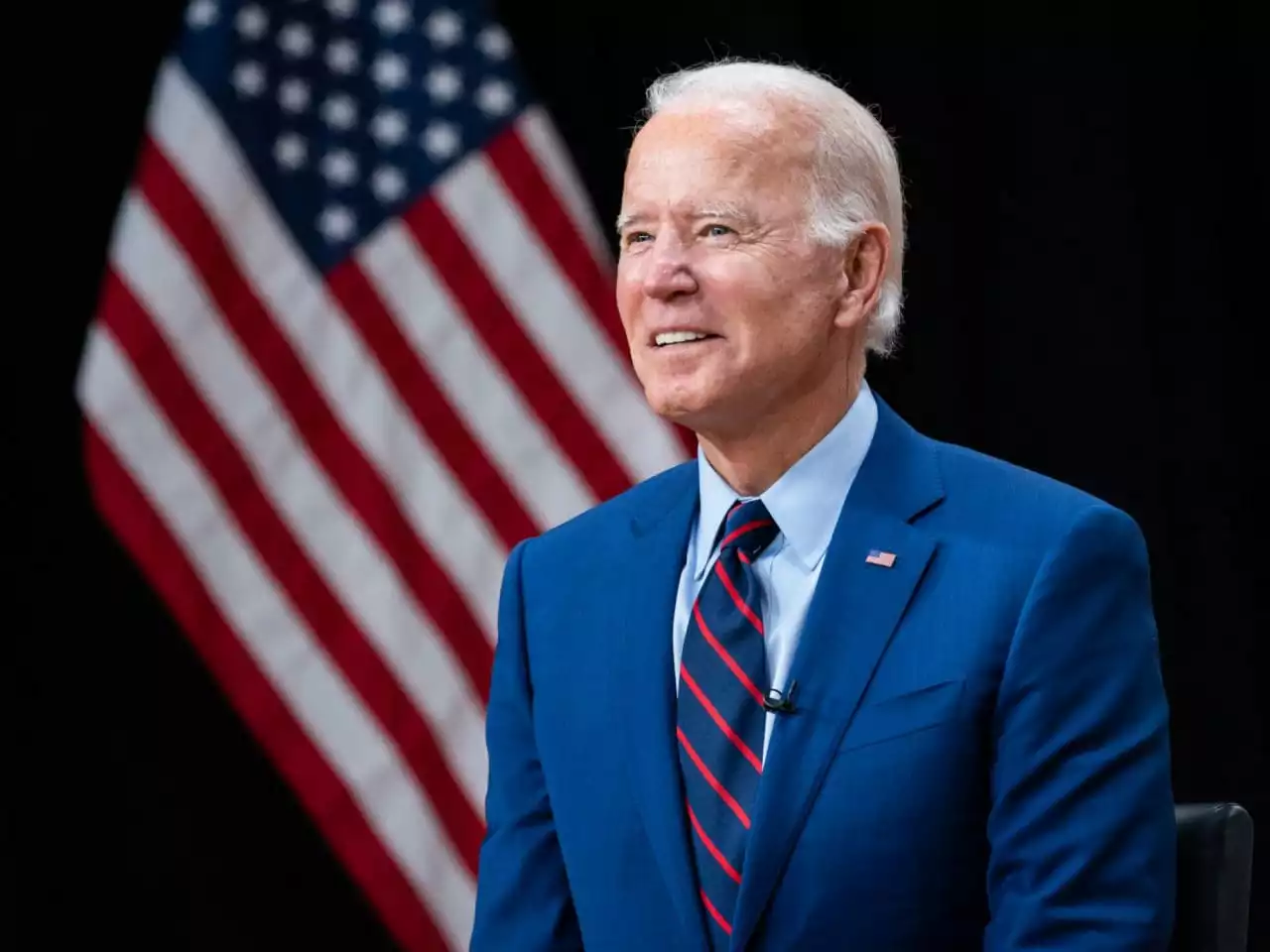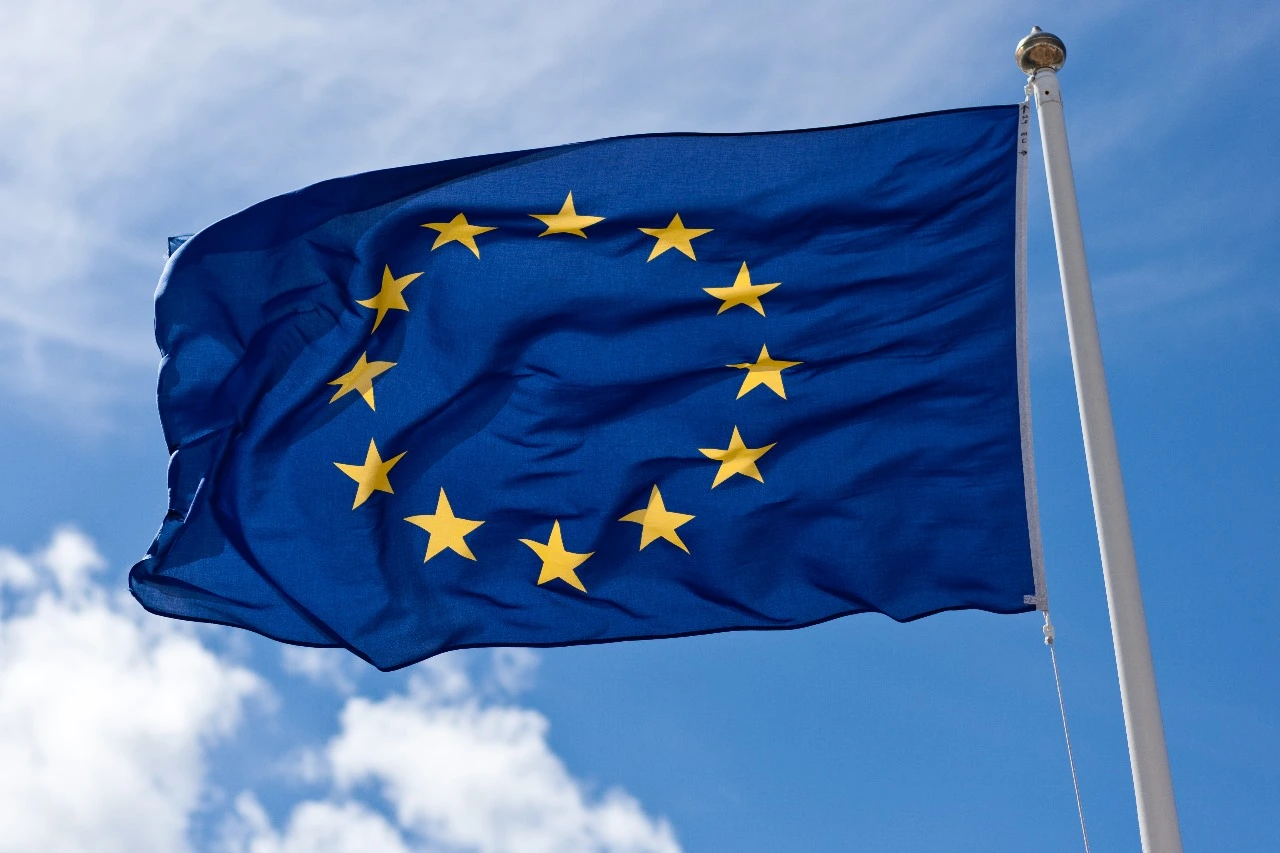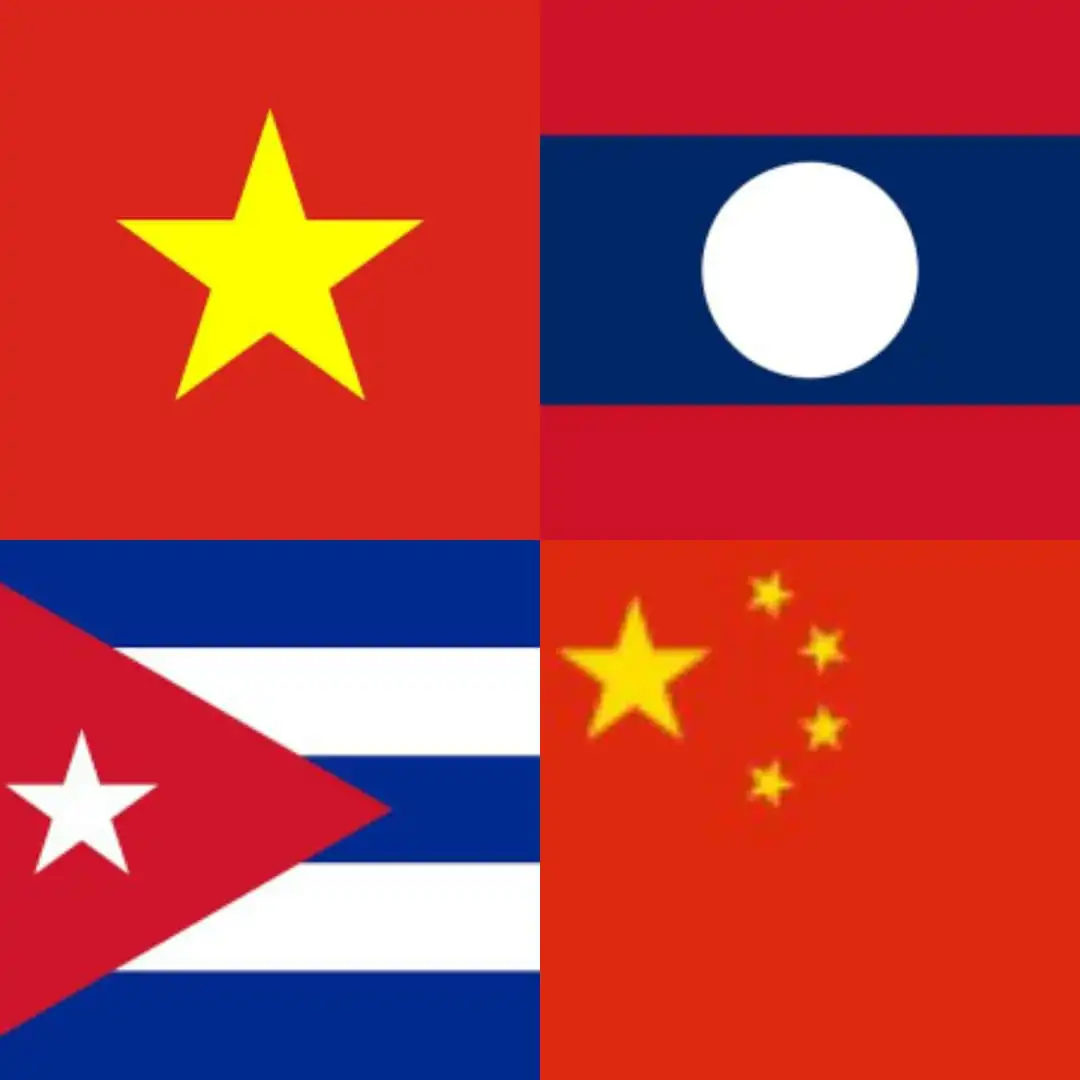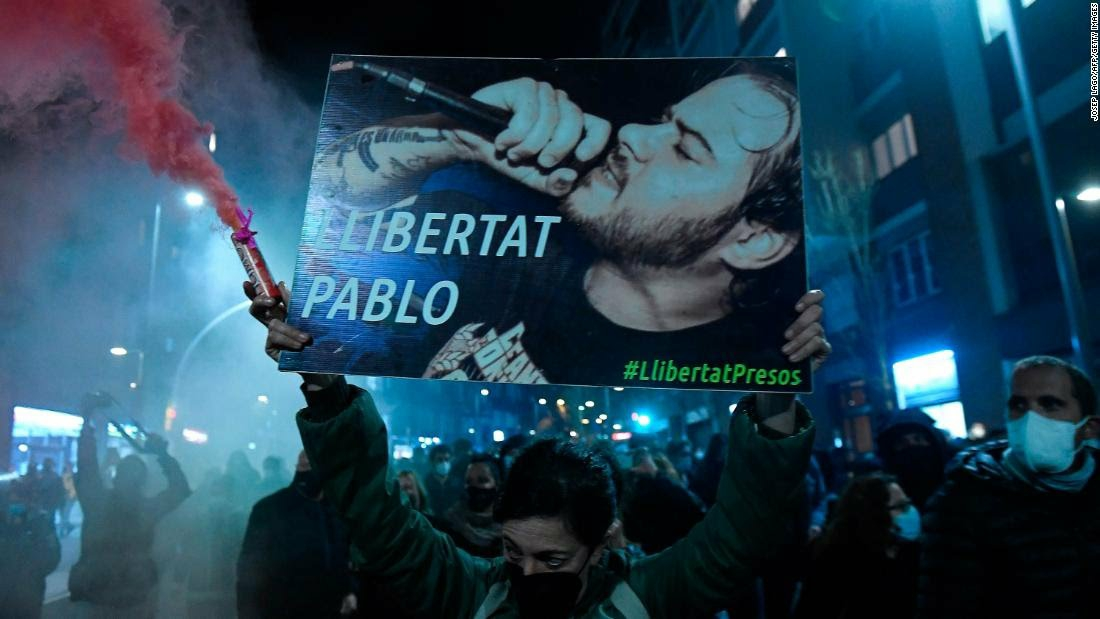One such day 50 years ago, a US-backed and funded military coup overthrew the first socialist president who had been elected through the “acceptable” path of bourgeois election, and drowned a country in horror and neoliberal destruction. Fifty years later, that country is still trying to find its path.
In the early morning of September 11, 1973, the president of Chile, Salvador Allende, was overthrown and killed in a coup led by the commander-in-chief of the Armed Forces of Chile, General Augusto Pinochet, who had pledged allegiance to the very same president but acted in collusion with his opponents – both national and international.
Although there had been indications of an impending disaster from days beforehand, as described by Chilean filmmaker Miguel Littín in Gabriel García Márquez’s Clandestine in Chile, the storming of the presidential residence in Santiago, La Moneda, by Chilean army tanks, and the bombardment of the colonial era building by UK-made fighter planes were probably beyond anyone’s imagination.
Pinochet’s “legacy,” however, soon surpassed all imagination, characterised by the brutality with which he exterminated anyone who could be considered an “opponent.” The human cost of the 17-year Pinochet dictatorship, even by conservative estimates, was more than 40,000 killed or disappeared, and half a million political refugees worldwide.
The other “legacy” of the Pinochet regime was the fine-tuning and imposition of neoliberalism not only in Chile but all over the world, which all of humanity is suffering today.
How neoliberalism became ‘viral’
Under Pinochet’s watch, the United States turned Chile into the laboratory for creating and testing the most complex form of capitalism in history, which was then exported globally. Directed by the “Chicago Boys,” the Pinochet dictatorship started with the privatisation of natural resources, including mines, land, mountains, rivers, beaches, and turned them over to transnational corporations, and at the same time flooded the country with imported goods and impoverished the Chilean State. The privatisation of basic social services, such as education, healthcare, pensions, and public utilities followed, in addition to tax breaks for multinational corporations and the national oligarchy. Thereafter, at the “opportune moment,” other parts of the economy were sold off to national and foreign business interests, giving them monopolies on key sectors, and opening up the financial system to foreign banks. While an all-round propaganda campaign by the West presented Chile to the world as a “neoliberal miracle,” social inequalities only deepened. The situation has remained same to this day, with Chile being among the five most unequal countries in the world in terms of wealth accumulation and ownership.
The commodification of the Chilean State, however, began much earlier; the Pinochet regime simply put it on steroids. The first Chilean head of state to bring neoliberalism to the country was Carlos Ibañez del Campo, who in 1955 welcomed the Klein-Saks Mission, a group of US economists, sent by the US government of the day. As part of this mission, the Catholic University of Chile entered into an agreement with the USAID, and signed a convention with the University of Chicago and particularly with its School of Economics which was developing the ideology of neoliberalism. It was from this convention that the “Chicago Boys” arose – a group of economists who studied in the US and who, during the 1960s and 70s, reviewed how to transform the ideological bases of the Chilean economic and political right wing through publications in academic journals or in powerful mainstream right-wing media such as the newspaper El Mercurio, which during the Pinochet era turned into the mouthpiece for the dictatorship.
Pinochetismo did not remain confined in Chile either. The Chile coup was the first in a long line of US-planned, financed and armed coups and extermination campaigns all over Latin America – within the “Plan Condor.” On the other side of the Andes, the Videla dictatorship (1976-1983) killed over 32,000 people and disappeared another 30,000 in Argentina. During the same period, equally murderous military dictatorships were installed in Uruguay, Paraguay, and Bolivia. In Central America, the United States subjected the Sandinista Revolution of Nicaragua to a proxy war for 11 years (1979-1990) leading to at least 50,000 deaths, and then forced the Nicaraguan population, under threats of sanctions and military invasion, to vote for the US’ handpicked neoliberal candidate. In El Salvador, Guatemala, and Honduras, US-trained, financed and armed death squads assassinated some 300,000 people and destroyed the social fabric of those nations.
In Chile’s neighbour Peru, Alberto Fujimori created his own version of neoliberalism, branded as “Fujishock,” implementing a rapid “liberalisation” of price controls and public control over social welfare services including education, healthcare, electricity, as well as common goods such as land, rivers, and mines, and simultaneously carrying out an extermination programme against indigenous peoples through the so-called Plan Verde.

Even after the recovery of democracy, the new “democratic” governments in all these countries, under guidance from the same Chicago School, adopted Pinochet’s “cutting-edge” neoliberal reforms, privatising everything under the sun while drastically cutting social spending, which pushed almost half the population of Latin America into poverty and precarity and forced millions to migrate in search of ways to survive. The worst case was perhaps Argentina, where Carlos Menem, who came to power with progressive and socialist slogans, sold off even waterbodies to European business interests, and started the path that led the country to default in 2001. Three decades later, Argentina finds itself on the brink of the same abyss, despite a brief respite during the governments of Néstor Kirchner and Cristina Fernández.
The West itself did not remain outside the ambit of Pinochetismo. The two principal imperialist powers behind the Chile coup, the US and the UK, applied the same recipe in their own countries. British Prime Minister Margaret Thatcher not only applied the methods of privatisation of natural resources and key industries, but also adopted the same methods of repression as the Pinochet regime against every sector that tried to resist the privatisation of the British State. In the US, Ronald Reagan took Pinochetismo further than Pinochet, eliminating the separation between commercial and financial banking systems, while successive administrations after him imposed the same system globally. Their disciple, Boris Yeltsin of Russia, supervised the liquidation of the Russian State after the dismemberment of the USSR, selling off thousands of public entities and utilities to foreign corporations and creating a new class of oligarchs that dominated all spheres of Russian economic and political life well into the 2000s.
Pinochetismo is alive in Chile today
After the end of the dictatorship, the new governments that came to power, including the self-declared progressive and socialist ones, did not bring about significant changes in Chile’s political, economic, and social structures. Instead, all of them, in one way or another, maintained the system created by Pinochet, and even kept the Constitution redacted during his time.
During October 2019 – March 2020, this systemic continuity was shaken by a social uprising that started as a protest against increase in public transport fares of the Santiago metro rail system but soon brought to the fore the structural issues inherited from the dictatorship that still impacted the country. The mobilisations were so forceful and widespread that the neoliberal Chilean State had to give in to the demand of drafting a new constitution and burying neoliberalism for good. However, 1970 was not repeated due to reaction from the right and, what is worse, betrayal from the left. Journalist Carmen Parejo Rendón describes the situation as follows:
After the social outburst, elections came in a climate where the Chilean extreme right activated itself through the figure of José Antonio Kast, who founded the Republican Party in 2019, with an open defense of the principles linked to the dictatorship of Augusto Pinochet and of the neoliberal model that is bleeding Chile.
The polarization around putting an end to the Pinochet Constitution by the official left remained anecdotal with the triumph of Gabriel Boric, a decaffeinated, middle-class and frightened left, which does not know or does not want to understand the grassroots demands of the social uprising.
The Constitutional Convention, elected in 2019 and consisting of majority left and grassroots members, released the text of a new constitution in 2022 to replace the Pinochet Constitution, but widespread propaganda from the Pinochetista right combined with the official left’s refusal to engage with the grassroots, ended in a rejection for the text in the ensuing referendum. The Boric government, instead of analysing the situation, immediately embarked on another constitutional adventure, this time with a “Constitutional Council,” a body with even less power than the previous Constitutional Convention. In the election of May 2023, extreme right leader Kast’s Republican Party won almost half the seats in said council, and together with the traditional right, came to dominate almost two-thirds of the body, burying any hope for an end of neoliberalism in Chile at least on the short term. Thus, 50 years after the coup against Salvador Allende, the ghost of Pinochet was able to carry out another coup against the people of Chile.
According to Chilean intellectual and refugee of the Pinochet era, Francisco Domínguez, there is no other choice for Chileans but “to draw political and ethical inspiration from the 1970-73 reservoir of history, which Allende summarised so well on September 11, 1973, at 9.10am: ‘Other men and women will overcome this dark and bitter moment when treason seeks to prevail. Go forward knowing that, sooner rather than later, the great avenues will open again where free men and women will walk to build a better society.’”
It is time to revive the ghost of Allende.
Editor's Note:
The views and informations expressed in the article are solely those of the author and may or may not reflect the views of The International. We believe in providing a platform for a range of viewpoints from the left.
"The International" belongs to you.✕
Please take a moment to read this. We apologize for any interruption, we want you to know "The International" seeks your valued support at this time. We've proudly served as a pioneering online platform, delivering ad-free media content. With only 2% of our readers opting for a subscription, any contribution you choose holds immense significance—whether it's an annual fee of $25 or a monthly payment of $2.5. — The "The International" Team, committed to providing you with enlightening perspectives. We want to highlight that this sum is even less than what you'd spend on a cup of coffee, yet it greatly aids in sustaining our efforts to perpetuate and enhance your esteemed initiative.
